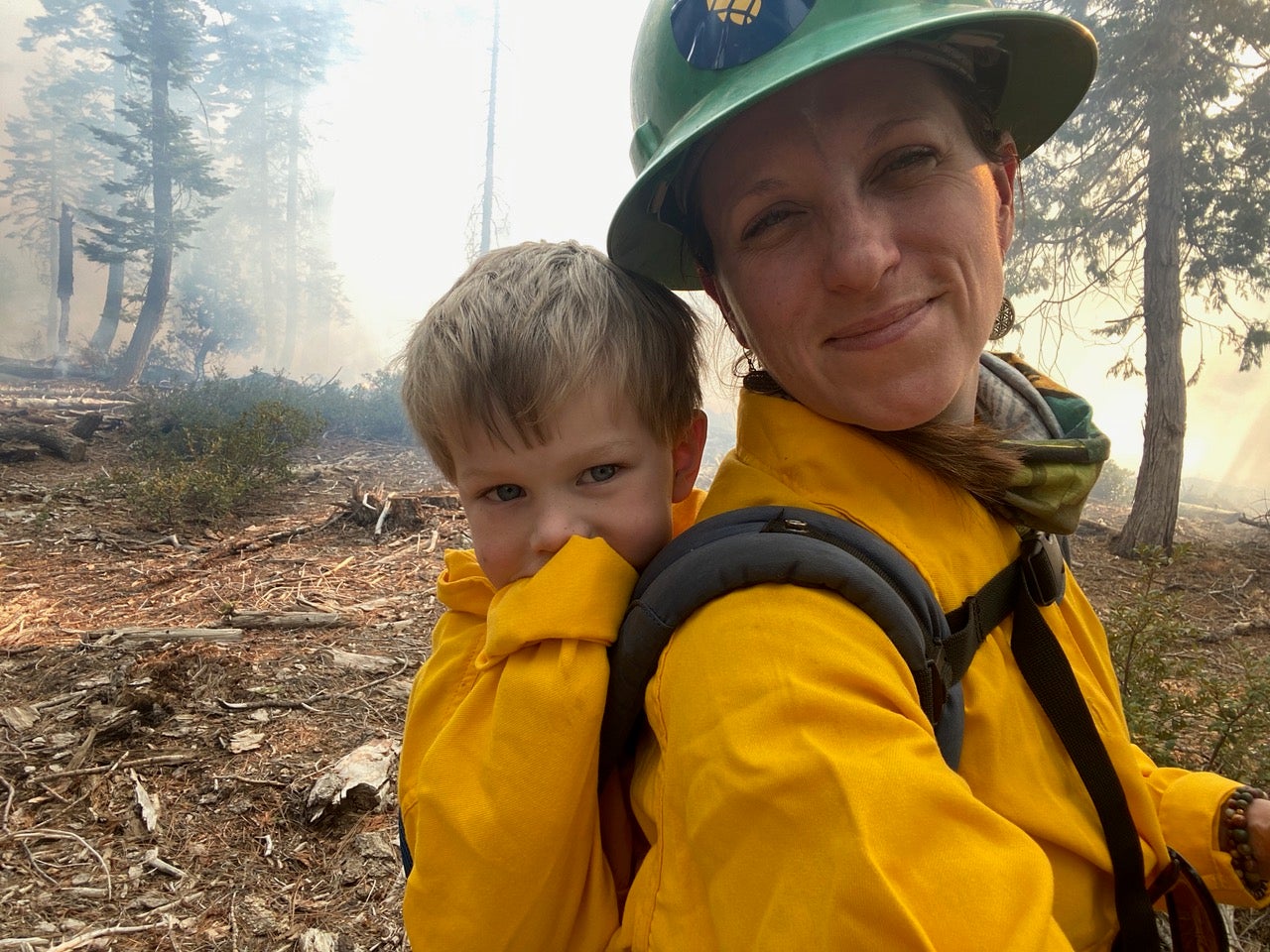Digging through the Toolbox: Promoting Forest Persistence via Established Practices

Dr. Bisbing's research investigates adaptive management in forest ecosystems and focuses in the Sierras and greater California. If you are curious about the tools forest practitioners are using to manage wildfires, then this is the talk for you.
—Laurel Abowd, MESM 2022 and Forest Sustainability Fellow
FOREST SUSTAINABILITY FELLOWSHIP PROGRAM SPEAKER
Watch a recording of this talk here
ABSTRACT
California forests are a stage upon which the compounding effects of historic management practices, altered disturbance regimes, and rapid climate change are playing out in real time. We, as California’s forest stewards, have the knowledge and tools to build resilience and adaptive capacity into our forests to both restore them to their fire-adapted state and better prepare them for the uncertain climate and disturbance conditions of the future. In this talk, I will present a series of case studies from a variety of California forest ecosystems—coastal closed pine to Sierra mixed-conifer—where forest managers are proactively applying silvicultural tools to promote forest persistence in the face of rapid and extreme change.
BIO
Sarah Bisbing is an Assistant Professor of Forest Ecosystem Science at the University of Nevada Reno as well as the Director of the Whittell Forest & Wildlife Area, UNR’s school forest. Sarah joined UNR in 2017 after four years as an Assistant Professor at Cal Poly SLO. She has a B.S. and M.S. in Forestry from the University of Montana and a PhD in Ecology from Colorado State University. Sarah’s research aims to quantify the influence of locally adapted traits as well as altered climate and disturbance on forest resilience and long-term persistence potential.